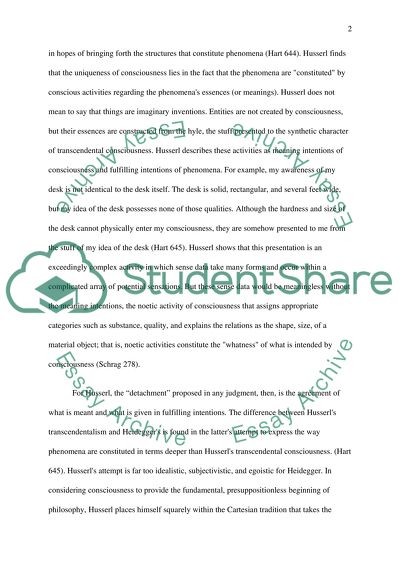Cite this document
(“Edmund Husserl Essay Example | Topics and Well Written Essays - 1250 words”, n.d.)
Edmund Husserl Essay Example | Topics and Well Written Essays - 1250 words. Retrieved from https://studentshare.org/miscellaneous/1511900-edmund-husserl
Edmund Husserl Essay Example | Topics and Well Written Essays - 1250 words. Retrieved from https://studentshare.org/miscellaneous/1511900-edmund-husserl
(Edmund Husserl Essay Example | Topics and Well Written Essays - 1250 Words)
Edmund Husserl Essay Example | Topics and Well Written Essays - 1250 Words. https://studentshare.org/miscellaneous/1511900-edmund-husserl.
Edmund Husserl Essay Example | Topics and Well Written Essays - 1250 Words. https://studentshare.org/miscellaneous/1511900-edmund-husserl.
“Edmund Husserl Essay Example | Topics and Well Written Essays - 1250 Words”, n.d. https://studentshare.org/miscellaneous/1511900-edmund-husserl.


